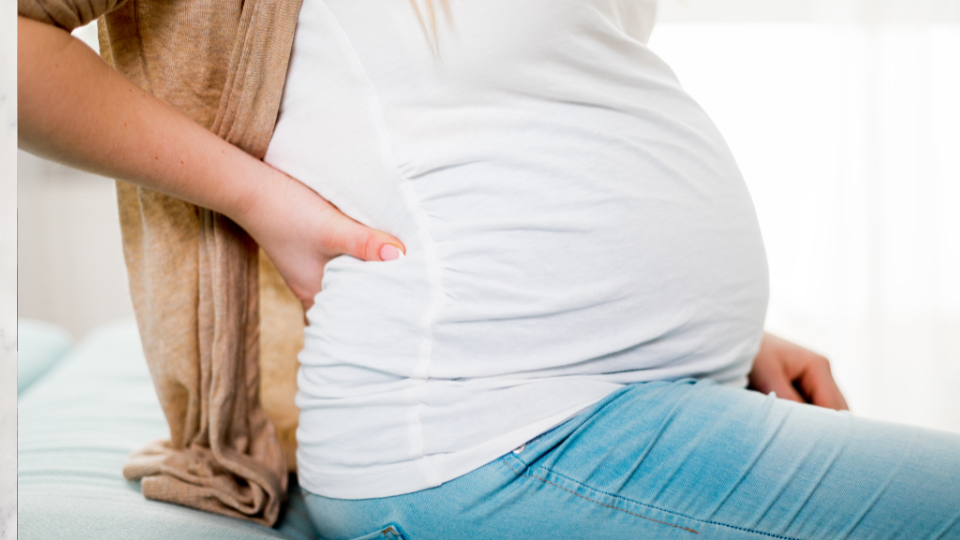How Much Water Should a Pregnant Woman Drink?
The Importance of Hydration During Pregnancy
-
Support for Increased Blood Volume: During pregnancy, your blood volume increases significantly to support the growing baby. Proper hydration helps maintain this increased blood volume and ensures that oxygen and nutrients are efficiently transported to the fetus.
-
Amniotic Fluid Production: Amniotic fluid, which cushions and protects the baby, is largely composed of water. Staying hydrated supports the production and maintenance of adequate amniotic fluid levels, which is essential for fetal health.
-
Prevention of Dehydration: Pregnancy can lead to increased fluid loss through sweating and urination. Proper hydration helps prevent dehydration, which can lead to complications such as headaches, dizziness, and premature labor.
-
Reduction of Swelling: Adequate water intake can help reduce swelling in the legs and feet, a common issue during pregnancy. Proper hydration supports healthy blood circulation and helps minimize fluid retention.
How Much Water Should a Pregnant Woman Drink?
The amount of water needed can vary based on individual factors such as activity level, climate, and overall health. However, general guidelines can help ensure you are meeting your hydration needs:
-
First Trimester:
During the first trimester, aim to drink about 2.3 liters (approximately 9-10 cups) of water daily. This supports early fetal development and helps manage increased blood volume and hydration needs.Second Trimester:
In the second trimester, the requirement typically increases to around 2.5 liters (about 10-11 cups) per day. This increase accounts for growing amniotic fluid and expanded blood volume.Third Trimester:
During the third trimester, your hydration needs may rise to approximately 2.7 liters (around 11-12 cups) per day. This helps maintain adequate amniotic fluid levels, supports the baby’s growth, and manages increased fluid retention. -
Consider Other Fluids: In addition to water, other fluids such as milk, herbal teas, and diluted fruit juices contribute to your overall fluid intake. However, water should remain your primary source of hydration due to its absence of calories and sugar.
-
Listen to Your Body: Thirst is a natural indicator that you need to drink more fluids. Pay attention to your body’s signals and drink water throughout the day, rather than waiting until you feel thirsty.
Signs of Adequate Hydration
Proper hydration can be monitored through several signs:
-
Urine Color: Light yellow or pale urine is a good indicator of adequate hydration. Darker urine may suggest that you need to increase your water intake.
-
Regular Urination: Frequent trips to the bathroom, approximately every 2-4 hours, can be a sign that you are drinking enough water. Dehydration may result in less frequent urination or concentrated urine.
-
Energy Levels and Skin Elasticity: Good hydration supports overall energy levels and skin health. If you notice a decrease in energy or dry, less elastic skin, it may be a sign that you need to drink more water.
Signs of Dehydration
Practical Tips for Staying Hydrated
-
Carry a Water Bottle: Keep a reusable water bottle with you throughout the day. Sipping on water regularly can help you meet your daily hydration goals.
-
Set Hydration Reminders: Use phone alarms or apps to remind you to drink water at regular intervals. This can be particularly useful if you are busy and tend to forget.
-
Infuse Your Water: If plain water is unappealing, try infusing it with natural flavors like lemon, cucumber, or mint. This can make drinking water more enjoyable and encourage higher intake.
-
Eat Hydrating Foods: Incorporate water-rich foods into your diet, such as fruits (e.g., watermelon, oranges) and vegetables (e.g., cucumber, celery). These can help contribute to your overall fluid intake.
-
Monitor Caffeine and Sugar Intake: Be mindful of beverages that can contribute to dehydration, such as those high in caffeine or sugar. Opt for water or herbal teas as healthier alternatives.
Special Considerations for Hydration
-
Increased Fluid Needs: If you are pregnant with multiples (e.g., twins or triplets), your fluid needs may be higher. Consult with your healthcare provider to adjust your hydration needs accordingly.
-
Morning Sickness: During the first trimester, morning sickness can lead to dehydration. Sip small amounts of water frequently and consider oral rehydration solutions if necessary.
-
Exercise and Heat: If you engage in physical activity or live in a hot climate, your water needs will increase. Drink additional fluids to compensate for fluid loss through sweat and to maintain proper hydration.
-
Gestational Diabetes: If you have gestational diabetes, monitoring your fluid intake and blood sugar levels is important. Your healthcare provider can guide you on managing hydration while maintaining healthy blood sugar levels.
When to Seek Medical Advice for Dehydration
-
Persistent Dehydration Symptoms: If you experience symptoms such as persistent dizziness, dry mouth, dark urine, or reduced urination despite adequate fluid intake, consult your healthcare provider. These could be signs of severe dehydration or other underlying issues.
-
Edema and Swelling: If you have severe or sudden swelling in your legs, hands, or face, it’s important to seek medical advice. While some swelling is normal during pregnancy, sudden or severe swelling may indicate complications such as preeclampsia.
-
Signs of Preterm Labor: Dehydration can sometimes trigger preterm labor. If you experience contractions, cramping, or any signs of preterm labor, contact your healthcare provider immediately.
Conclusion
Proper hydration is a fundamental aspect of a healthy pregnancy. Drinking enough water supports the increased demands on your body and contributes to the overall health of both you and your baby. By following general hydration guidelines, paying attention to your body’s signals, and incorporating practical hydration tips into your daily routine, you can ensure that you meet your fluid needs and maintain a healthy pregnancy. Always consult with your healthcare provider for personalized advice and adjustments based on your individual health and pregnancy conditions.






